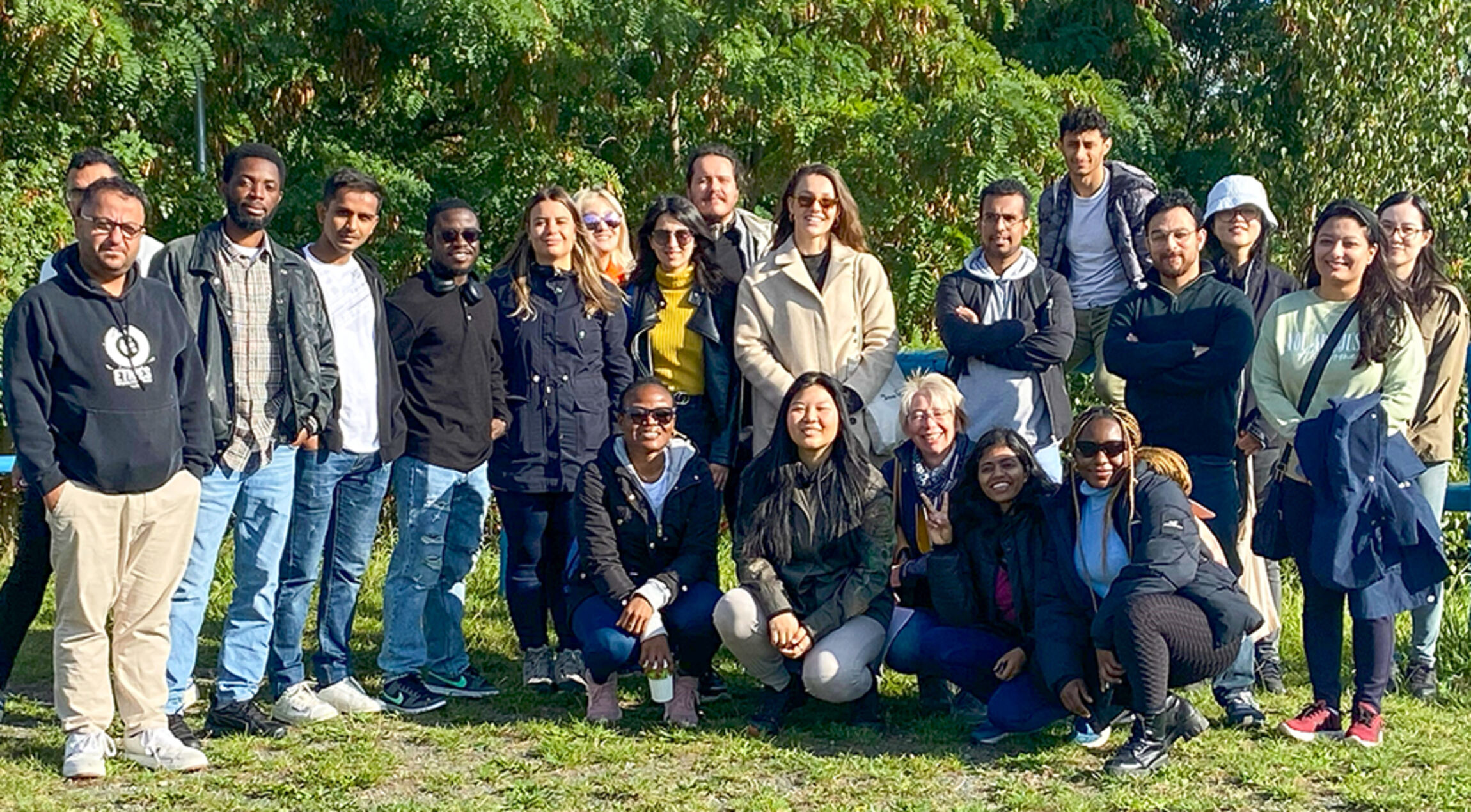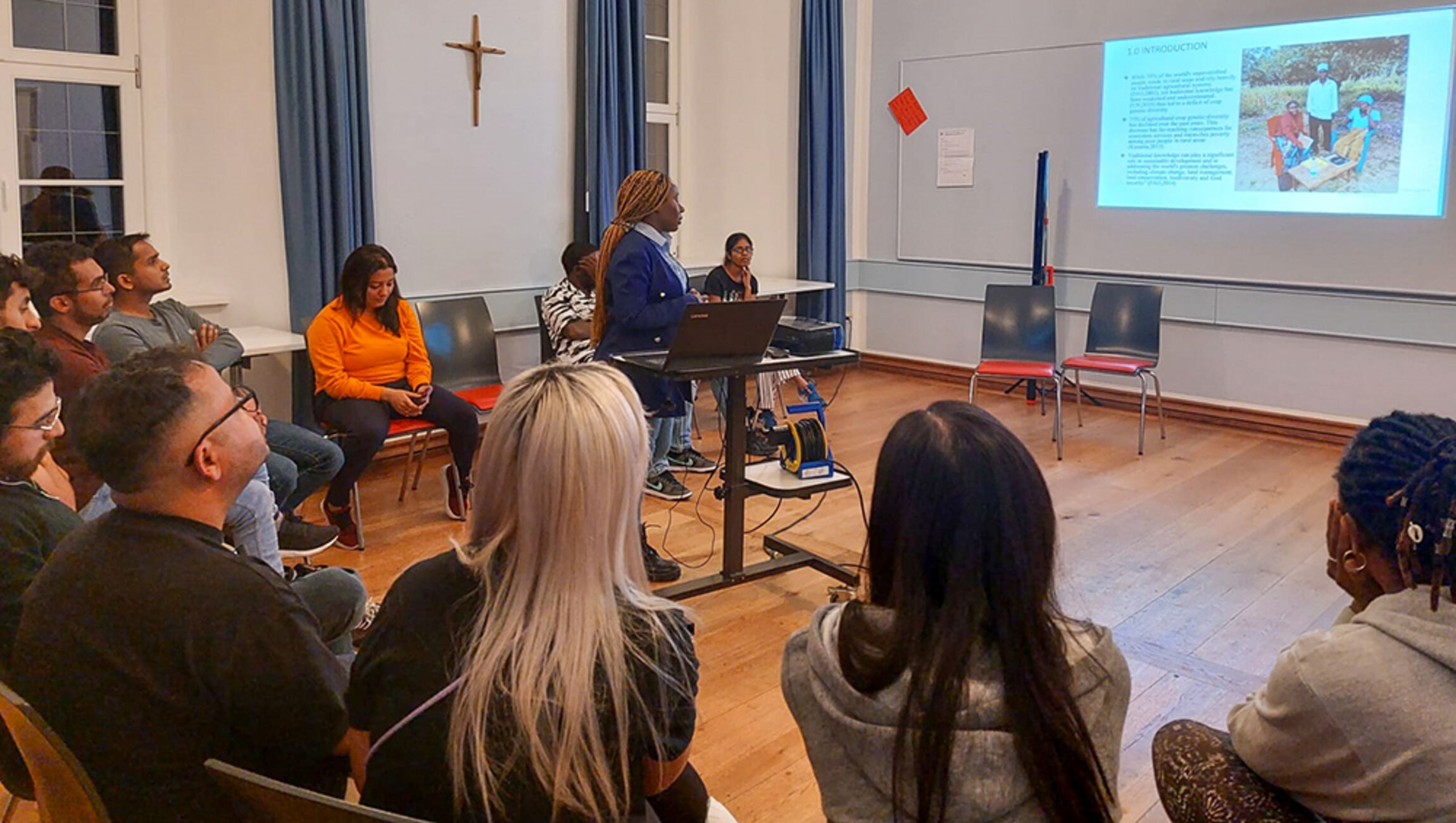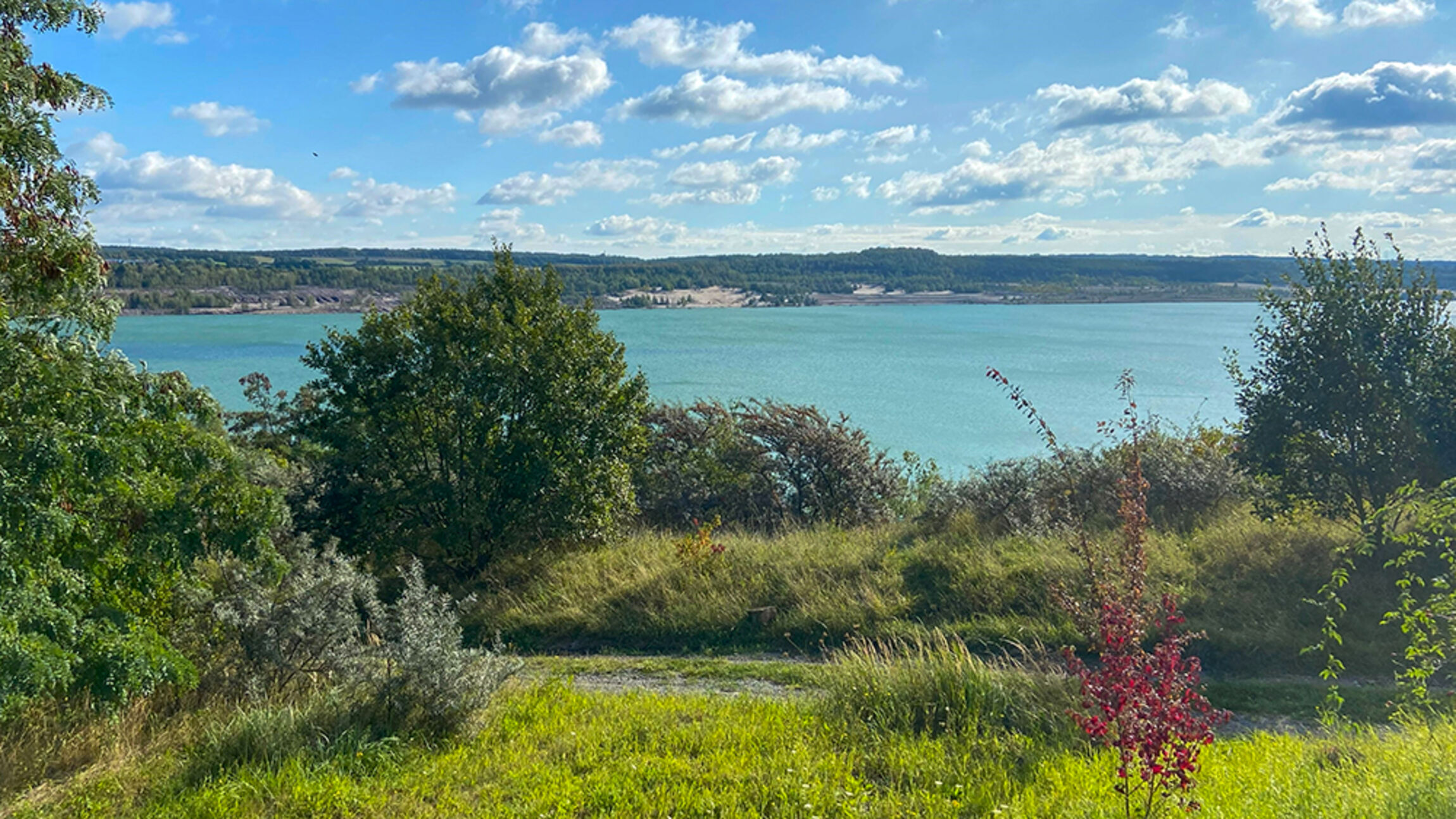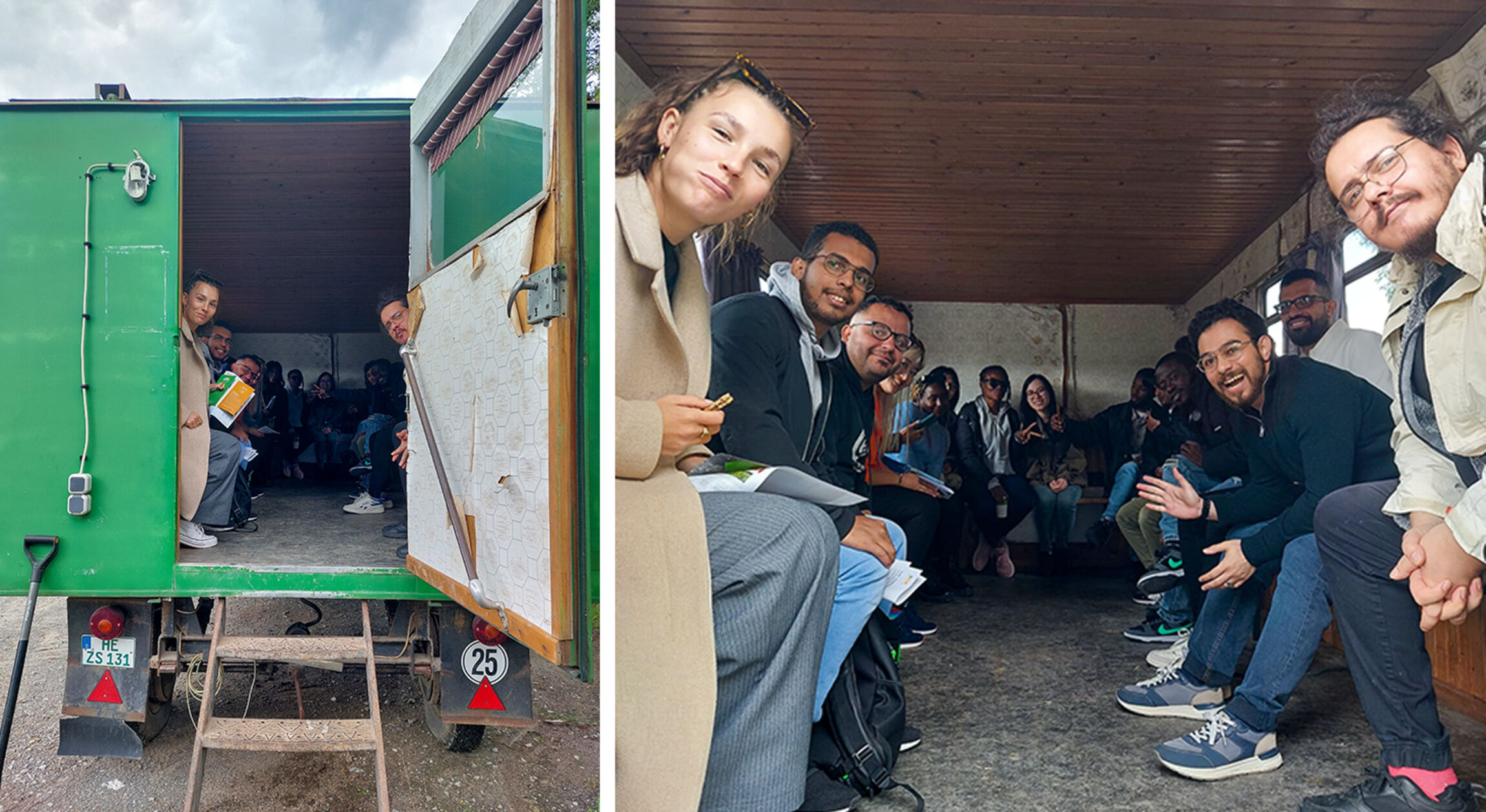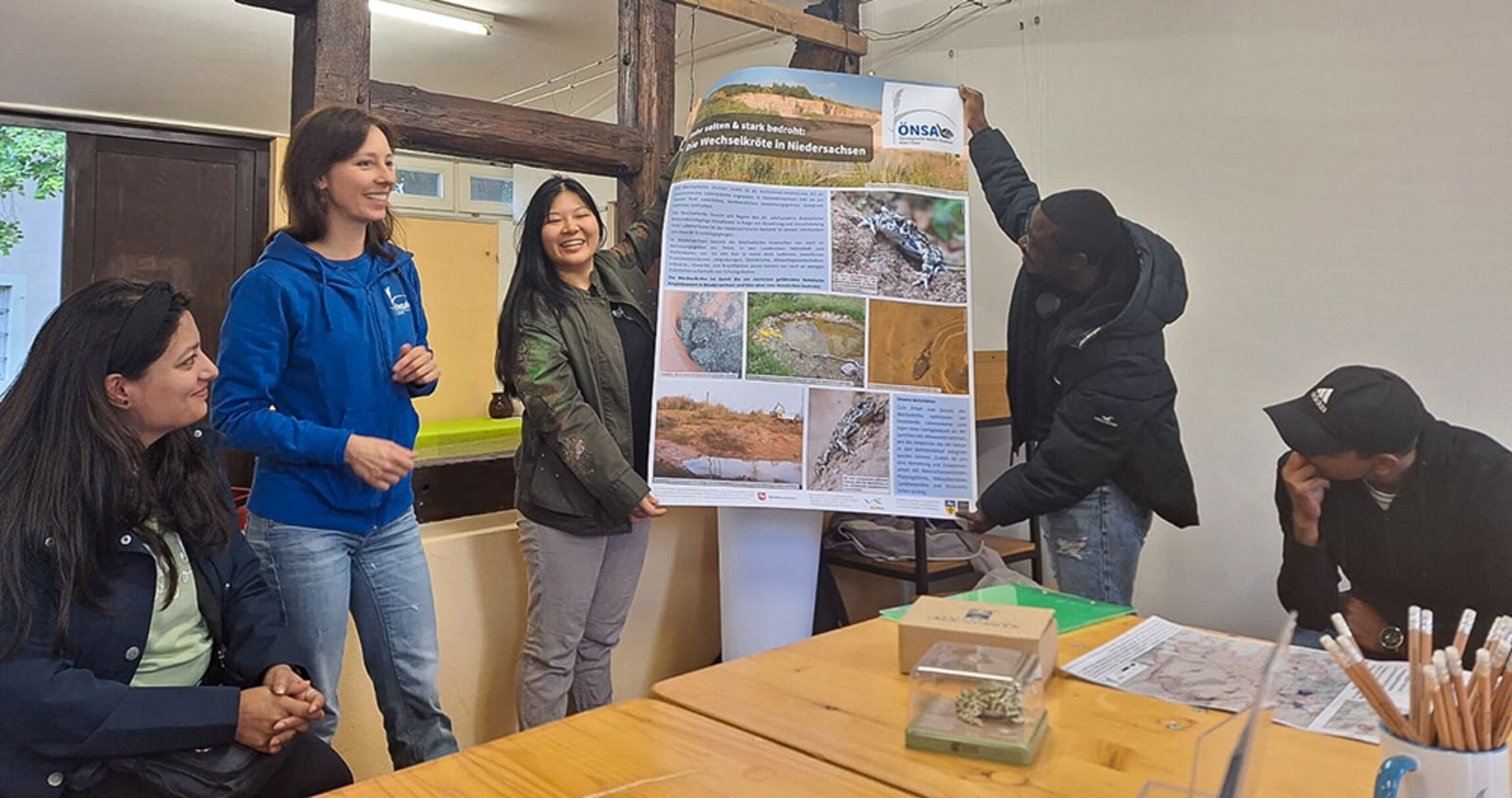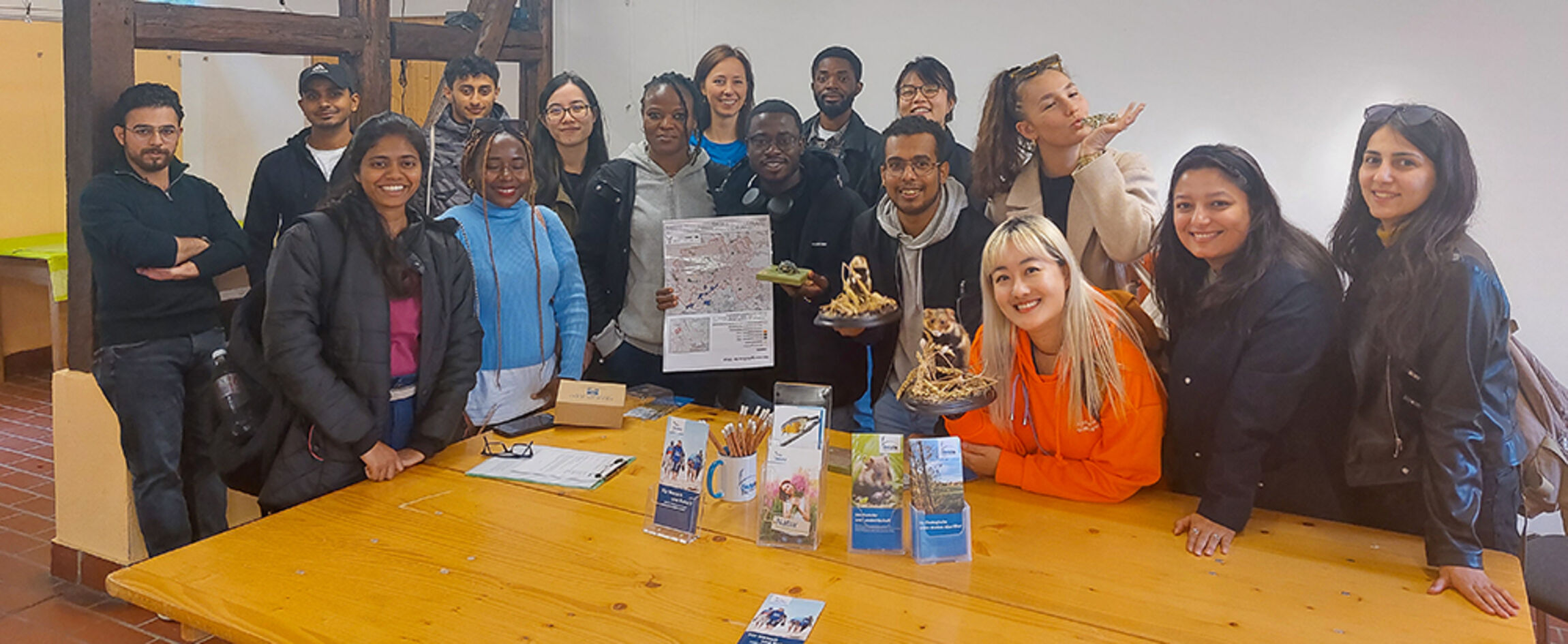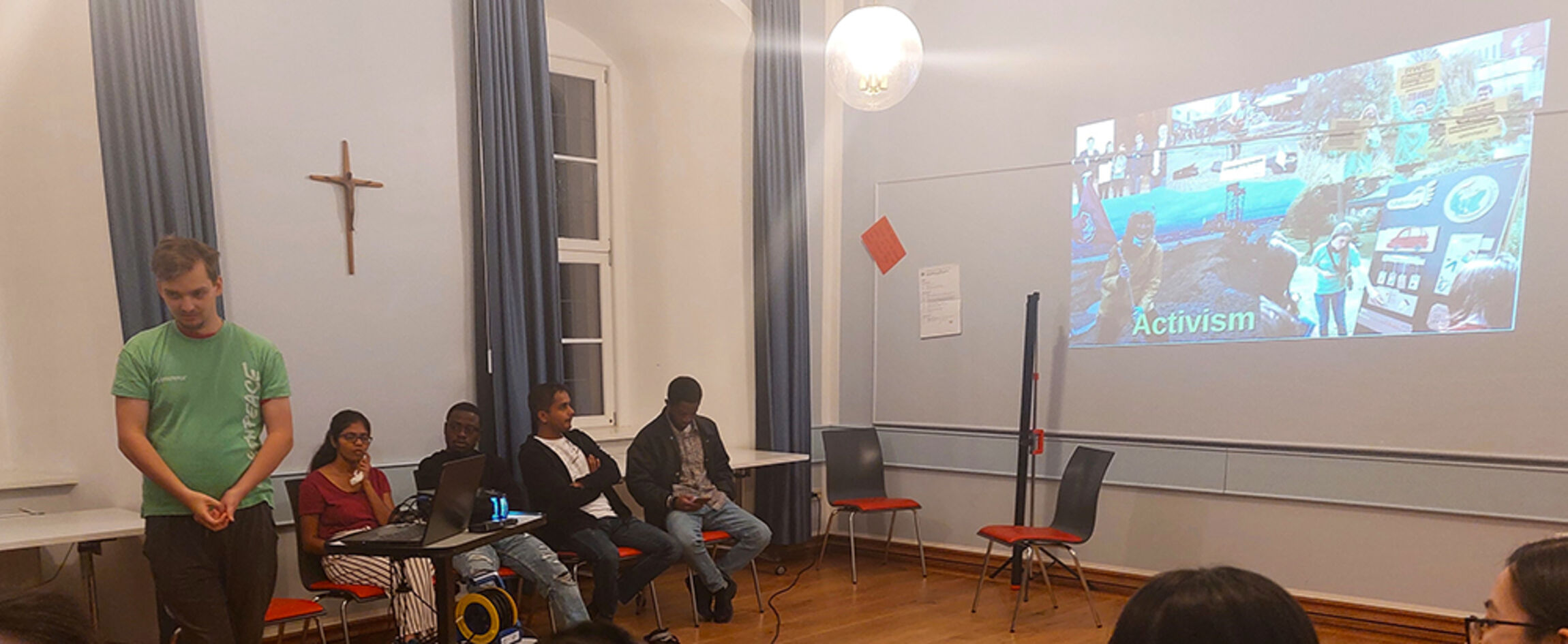Weekend Seminar in Helmstedt, 22–24 September 2023
STUBE Niedersachsen is back again with a weekend seminar at Kloster St. Ludgerus in Helmstedt, running from the 22nd to the 24th of September 2023. Our group of 19 participants delved into the world of traditional seeds and agricultural ecosystems as well as how to actively participate in sustainability efforts. We also explored how businesses and government entities can collaborate to transform mining areas into new ecosystems. The seminar was packed with activities, making it both enjoyable and truly inspiring.

